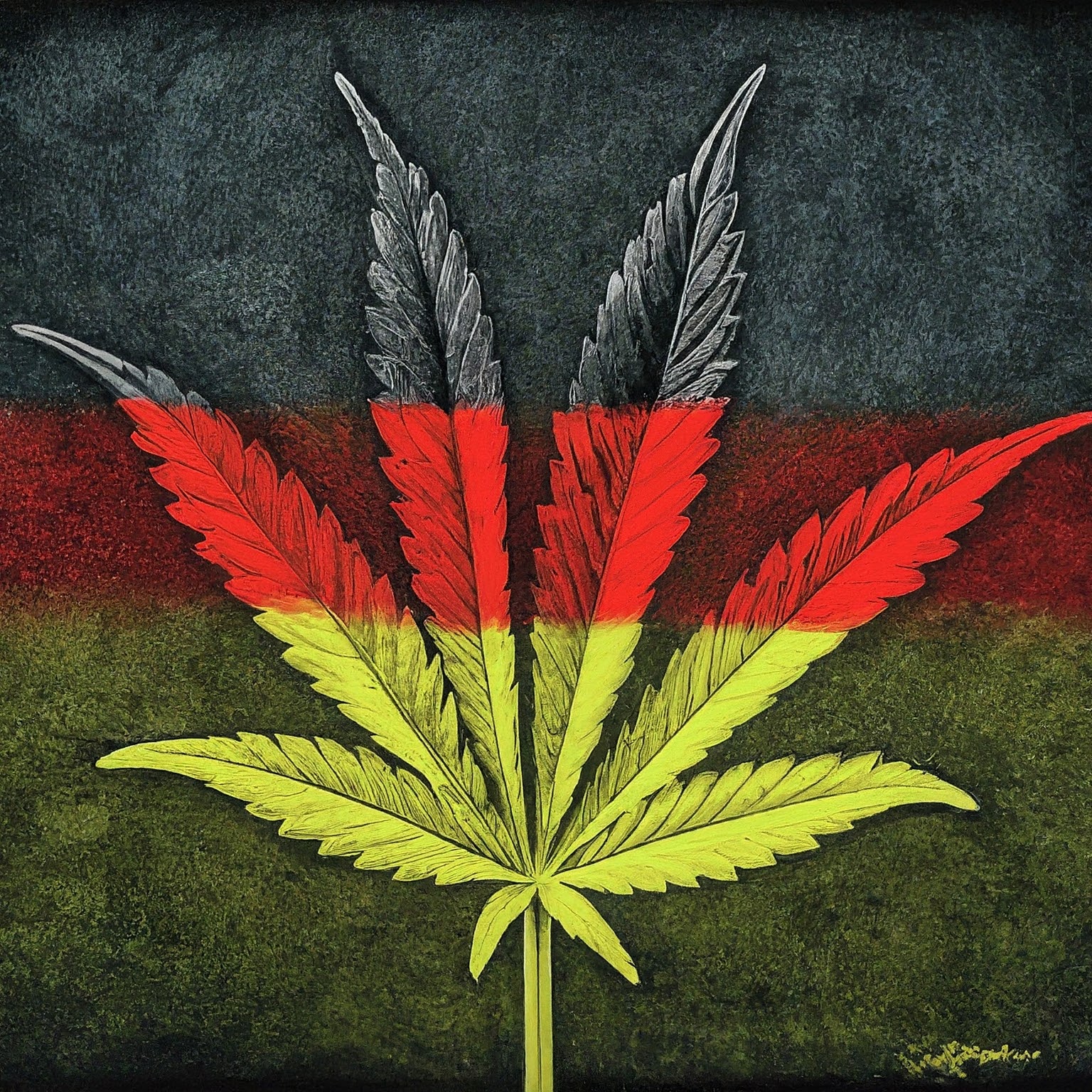In a landmark decision, Germany’s parliament voted to legalize the possession of small amounts of marijuana and establish a system of licensed “cannabis clubs” for recreational use. This move marks a significant shift in the country’s drug policy, aiming to combat the black market and better regulate cannabis consumption.
Chancellor Olaf Scholz’s government, driven by a socially liberal agenda, views this reform as a way to address the shortcomings of existing laws. Health Minister Karl Lauterbach pointed out the rise in cannabis consumption and the associated risks of unregulated, often contaminated, products.
The new legislation allows adults to possess up to 25 grams of marijuana and cultivate up to three plants at home, taking effect in April. Starting in July, individuals aged 18 and above can join non-profit cannabis clubs with a maximum of 500 members. These clubs will be authorized to grow cannabis for their members’ personal use, with individuals allowed to purchase up to 25 grams per day or a monthly maximum of 50 grams (30 grams for under-21).
The opposition vehemently opposes the change, expressing concerns about increased drug use and potential harm to young people. Critics also raise questions about the effectiveness of the regulations, suggesting they might incentivize black market activity.
The government plans to closely monitor the impact of this new legislation over the next 18 months, paving the way for the potential introduction of a licensed cannabis sales system in the future. This measured approach reflects the cautious optimism surrounding this significant step in Germany’s drug policy landscape.
Tags: Event, Germany, Resources
